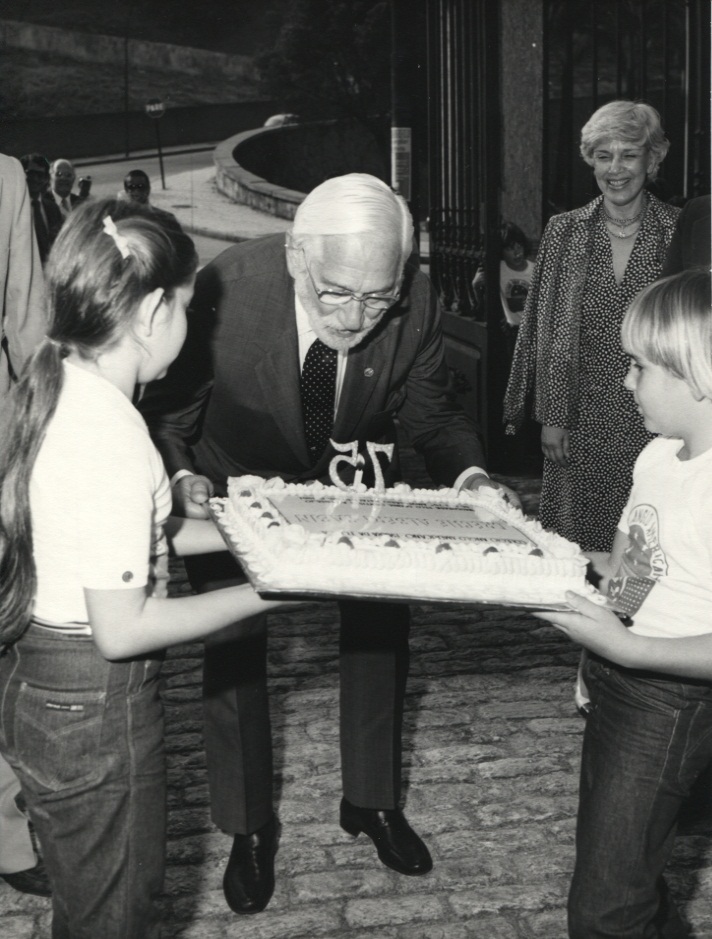As mentioned in a previous blog post, the Sabin project student assistant Megan and I have been diligently working on creating a tool to help researchers find information in the Hauck Center for the Albert B. Sabin Archives and help them gain access to the materials in the collection. In the archival profession, we refer to this type of tool as a “finding aid.”
Today, we are happy to announce that the finding aid for the Albert B. Sabin Archives can now be found in the OhioLINK Finding Aid Repository! To access the finding aid, please follow the link below:
Finding aid for the Albert B. Sabin Papers, 1930-1993
By creating this tool using Encoded Archival Description (EAD), this finding aid is now completely searchable, which will allow our online visitors to search our collection much easier. We hope that this will help users across the globe have a better understanding of the materials we have. As we delve further into the Sabin digitization project, this finding aid will be updated to reflect any changes.
If you see material listed in the finding aid that you may be interested in, please contact the Henry R. Winkler Center at (513) 558-5120 or chhp@uc.edu.
In 2010, the University of Cincinnati Libraries received a $314,258 grant from the National Endowment for the Humanities (NEH) to digitize the correspondence and photographs of Dr. Albert B. Sabin. This digitization project has been designated a NEH “We the People” project, an initiative to encourage and strengthen the teaching, study, and understanding of American history and culture through the support of projects that explore significant events and themes in our nation’s history and culture and that advance knowledge of the principles that define America. Any views, findings, conclusions, or recommendations expressed in this blog do not necessarily reflect those of the National Endowment for the Humanities.

